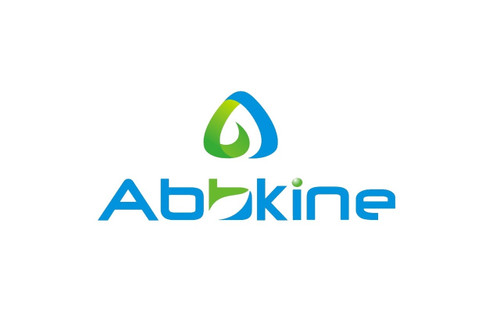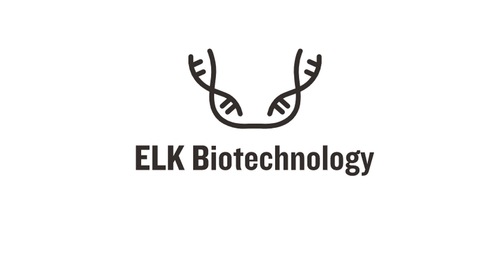Product Description
Human Desmoplakin (DSP) ELISA Kit | AE58870HU | Abebio
Species Reactivity: Human (Homo sapiens)
Abbreviation: DSP
Alternative Name: DPI; DPII; 250/210 kDa paraneoplastic pemphigus antigen|desmoplakin I|desmoplakin II
Application: ELISA
Range: 0.312-20 ng/mL
Sensitivity: 0.113 ng/mL
Intra-Assay: ≤4.7%
Inter-Assay: ≤8.7%
Recovery: 0, 96
Sample Type: Serum, Plasma, Other biological fluids
Detection Method: Sandwich
Analysis Method : Quantitive
Test Principale: This assay employs a two-site sandwich ELISA to quantitate DSP in samples. An antibody specific for DSP has been pre-coated onto a microplate. Standards and samples are pipetted into the wells and anyDSP present is bound by the immobilized antibody. After removing any unbound substances, a biotin-conjugated antibody specific for DSP is added to the wells. After washing, Streptavidin conjugated Horseradish Peroxidase (HRP) is added to the wells. Following a wash to remove any unbound avidin-enzyme reagent, a substrate solution is added to the wells and color develops in proportion to the amount of DSP bound in the initial step. The color development is stopped and the intensity of the color is measured.
Product Overview: Desmosomes are intercellular junctions that tightly link adjacent cells. Desmoplakin is an obligate component of functional desmosomes that anchors intermediate filaments to desmosomal plaques. The N-terminus of desmoplakin is required for localization to the desmosome and interacts with the N-terminal region of plakophilin 1 and plakoglobin. The C-terminus of desmoplakin binds with intermediate filaments. In the mid-region of desmoplakin, a coiled-coiled rod domain is responsible for homodimerization. Mutations in this gene are the cause of several cardiomyopathies and keratodermas as well as the autoimmune disease paraneoplastic pemphigus.
Stability: The stability of ELISA kit is determined by the loss rate of activity. The loss rate of this kit is less than 5% within the expiration date under appropriate storage condition. The loss rate was determined by accelerated thermal degradation test. Keep the kit at 37°C for 4 and 7 days, and compare O.D.values of the kit kept at 37°C with that of at recommended temperature. (referring from China Biological Products Standard, which was calculated by the Arrhenius equation. For ELISA kit, 4 days storage at 37°C can be considered as 6 months at 2 - 8°C, which means 7 days at 37°C equaling 12 months at 2 - 8°C) .
 Euro
Euro
 USD
USD
 British Pound
British Pound
 NULL
NULL








